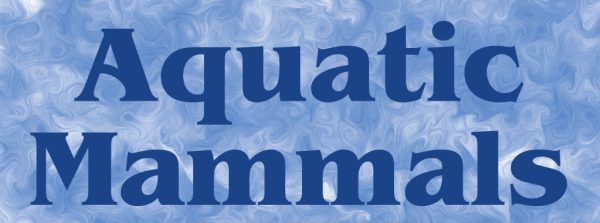Abstract: In animal behaviour studies, particularly those involving wild animals, the reliability and validity of behavioural data collected by observers are not often examined. It is rarer still to see an assessment of the factors that may influence data collection. Variation in the reliability (the consistency of measurements) and the validity (the accuracy of measurements) by different observers may occur. This variability in data collection may have a significant impact on the accuracy of the results of a study. While the impact of observers’ experience on reliability has been demonstrated in some studies, the influence of factors such as observers’ native language is unknown. Herein, we used pre-recorded digital footage of migrating humpback whales (Megaptera novaeangliae) to examine the effects of observers’ experience and native language on the reliability and validity of their data collection. We found that neither factor (experience nor native language) had a significant effect overall. However, within the dataset, specific behavioural types were found to be more accurately and consistently recorded than others. The results of this study help identify behavioural types that may require redefinition in the ethogram as well as those that were not reliably recorded and that should be excluded from further analysis. This information enables future research to optimise the reliability and validity of behavioural data collected at the site and to help identify robust variables for inclusion in data analysis.
Key Words: Kappa statistics, interobserver agreement, interobserver reliability, experience, native language, humpback whale, Megaptera novaeangliae
Document Type: Article
DOI: 10.1578/AM.42.1.2016.1
Page Numbers: 1-11

